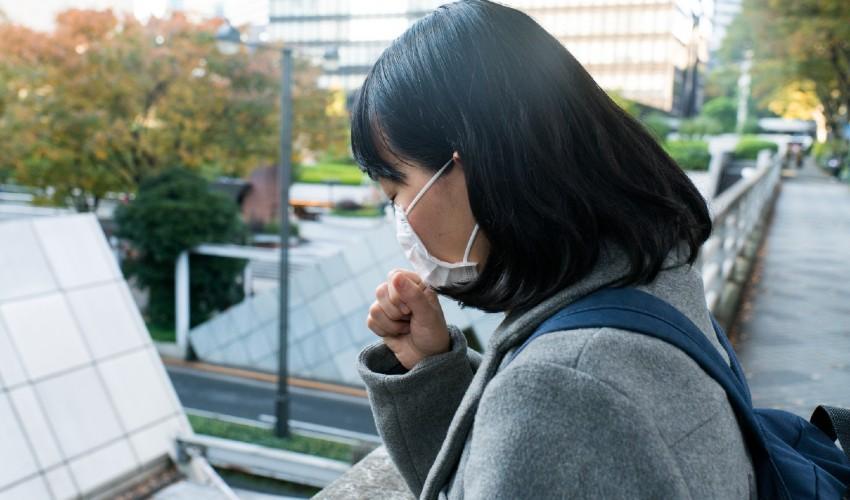
Economic Analysis Can Help Fight Viruses
A 2016 STUDY BY JEROME ADDA HIGHLIGHTS THE CONNECTION BETWEEN THE BUSINESS CYCLE AND THE SPREAD OF VIRUSES, SHOWING THAT RESTRICTING TRANSPORTATION IS AN EFFECTIVE MEASURE TO HALT THE SPREAD OF INFECTIVE DISEASESEconomic analysis can give an unexpected hand in tackling the diffusion of the 2019-nCoV novel coronavirus which is spreading in China. Research on viruses by Jérôme Adda, an economist and Bocconi’s Dean for Research,shows that restricting transportation is an effective measure to halt the spread of viruses. Making use of episodes of train strikes in France, he observed that during public transportation shutdowns the spread of diseases such as flu, gastro-enteritis and chickenpox decreases. Closing transportation networks turns out to be cost-effective only in very extreme cases and the current outburst of the coronavirus certainly qualifies.
In Economic Activity and the Spread of Viral Diseases: Evidence from High Frequency Data, (in The Quarterly Journal of Economics (2016) 131 (2): 891-941. doi: 10.1093/qje/qjw005), Prof. Adda highlights the connection between the business cycle and the spread of viruses: «We find that epidemics spread faster during economic booms», he writes. «During booms more people are traveling, which increases inter-personal contacts and the spread of diseases».
Whilst the current virus may lead to temporary recessions, on the other hand Adda’s research shows that the propagation of viruses decreases in economic downturns.
The paper underlines the role of transportation in the expansion of epidemics and rates the impact of policies that limit interpersonal contacts. «Shutting down schools», Adda says, «proves to be effective in curbing the spread of viral diseases, provided that the incubation period is short enough».
Adda has reached his conclusions thanks to a unique dataset of high frequency data collected by French authorities since the ‘80s, detailing the weekly evolution of the incidence of three major viral diseases (flu, gastro-enteritis and chickenpox) across geographical locations and age groups. He uses quasi-experiments to determine the effects of school shutdowns and transportation network closures, observing how spreading patterns change during vacations (mandated school shutdowns) and transportation strikes. «Furthermore, data confirm that the opening of new high-speed train lines makes viruses spread faster», Adda says.
The most striking result of the study is, in fact, the strength of the transportation effect, but its results may also help authorities shape effective measures in case of an outbreak. «We’ve seen that the effectiveness of some policies depends on the characteristics of different diseases», Prof. Adda says, «and this is valuable information in an environment exposed to the emergence of new viruses and the resurgence of old ones».
by Fabio Todesco
